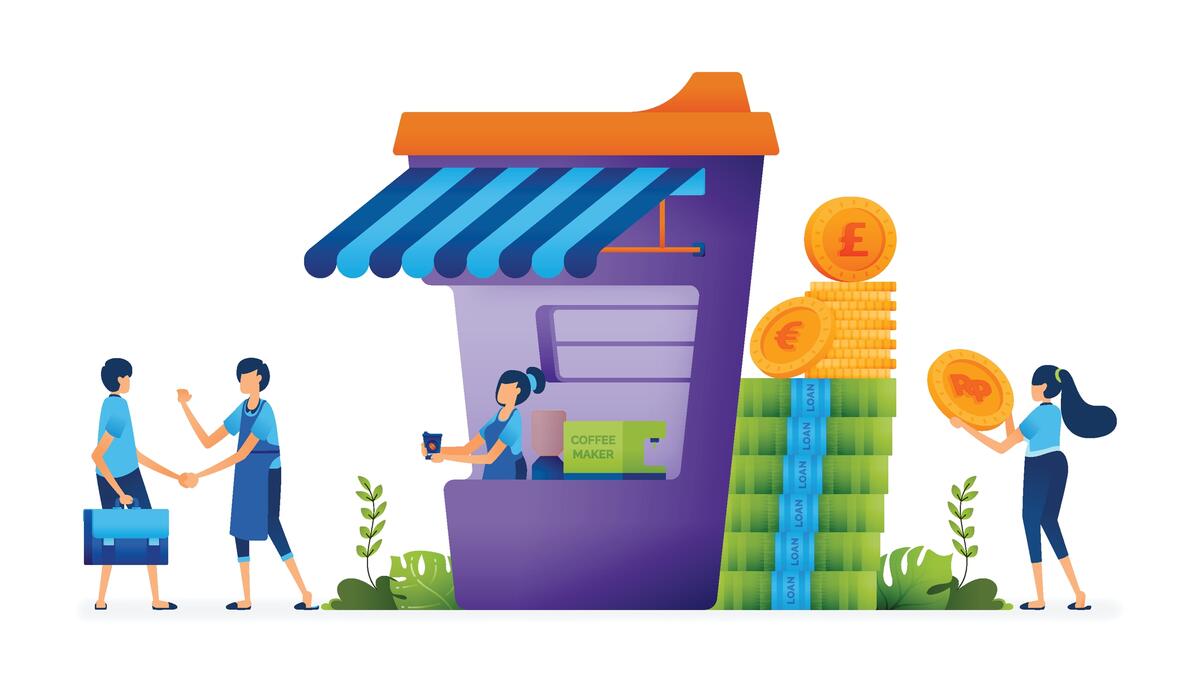Blog
Fintechs and Banks: Disruption or Evolution?

Is the banking industry really being disrupted, or is it just evolving? The short answer is ‘yes’. Both are happening simultaneously.
Evolution in a Bubble
Evolution is a very long process of adaption to the environment, and that certainly describes most of the banking industry over most of its history. Generations upon generations of bankers have adapted slowly, changing only when forced to for survival.
Physical money and no efficient way to traverse large distances made face-to-face human interaction the banking norm for centuries. Slow adaptations were made over time as increasingly sophisticated electronic means of bookkeeping and transfer created new ways to bridge distances, but the core functions of banking remained intact.
Still, location, location, and location were the three most important things in banking, and most business was still done locally, on paper and within brick and mortar physical locations.
The industry itself provided little impetus for change, as interstate banking and other geo-politically based laws combined with other industry regulations created barriers to entry that still have not fallen away completely.
There is an old joke where one camper tells the other that he didn’t have to worry about running faster than a bear that was stalking their campsite. “I only have to run faster than you”, is the punch line. Banks have evolved slowly because they only had themselves as competition. Banks compare themselves to their peer-group and get a false sense of security, while disruption is happening around the edges of the industry.
Banking is Already Being Disrupted
Many bankers take undue solace in the fact that the banking industry has so far survived the assault of its would-be disruptors. I can’t imagine a future without some form of ‘banking’ as we know it—gathering deposits, making loans, holding and transferring monetary values, and I can’t imagine a future without banks.
But that doesn’t mean the industry isn’t being disrupted. Disruption does not necessarily mean that the entire industry and all of its current participants will cease to exist. Disruptive innovation changes the game by creating new markets and new relationships between organizations and individuals, and that is already happening. Banking will survive—but will your bank?
Whether it is a business owner in Los Angeles who spends their weekends on Netflix and browsing Amazon from Starbucks, or the entrepreneur from Ghana who is running their entire financial life on her phone, the old ways of providing them with the financial services they need are no longer adequate.
Today’s banker/camper is advised to look outside the tent and notice that there is now a whole new den of hungry cubs outside. Fintech solutions now exist to compete with every single banking product and service.
The disruption is happening. It’s time to adapt and evolve.









